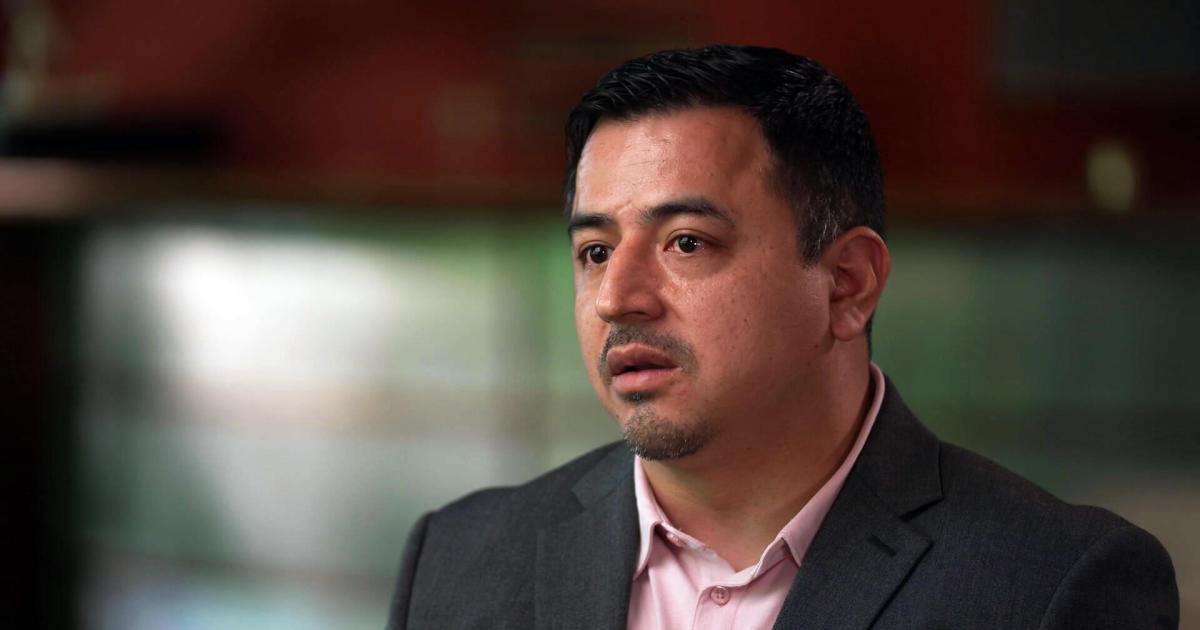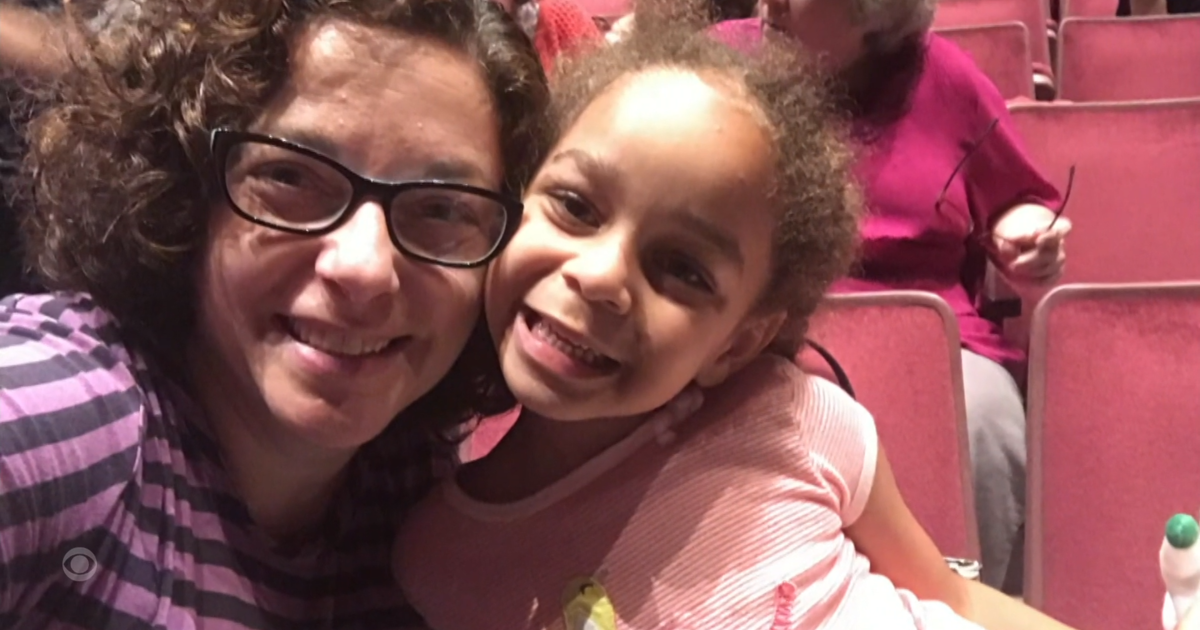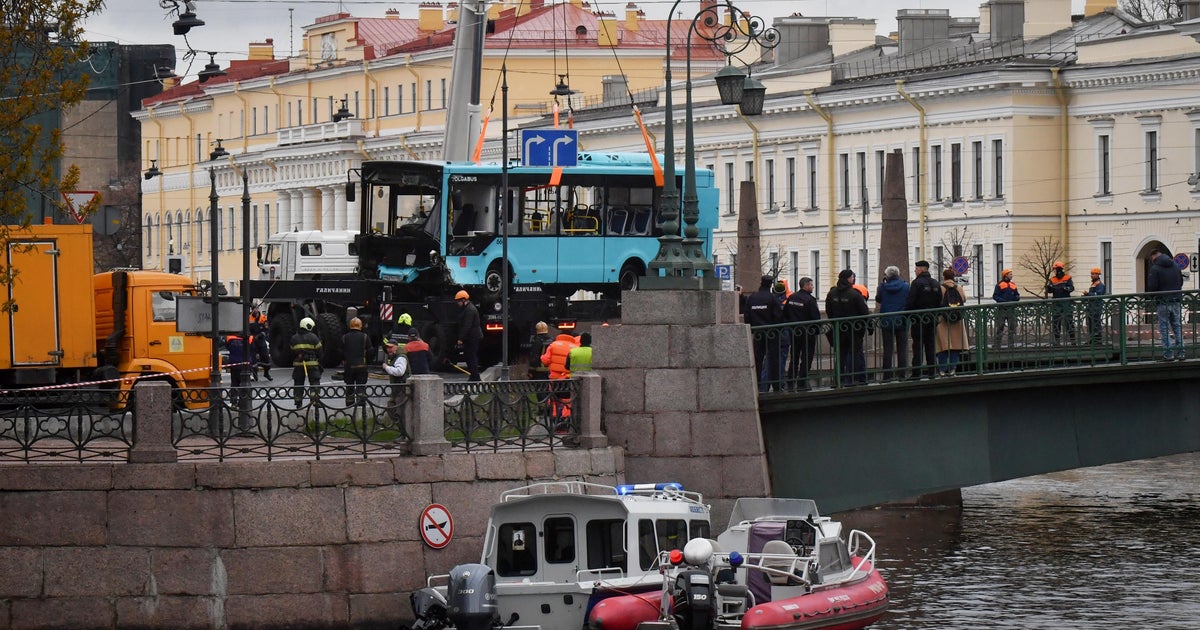Policing in the U.S. vs. policing in the U.K. and Europe: How racism plays a role
Public scrutiny over racist police encounters with Black people in the U.S. has intensified since the killing of George Floyd. However, according to the most senior Black officer ever to serve on a British police force, the problem is not uniquely American.
"If you're Black, you are five times more likely to be stopped by the police. You're more likely to be charged with a criminal offense," former Chief Constable Michael Fuller told CBS News' Holly Williams, citing data not from the U.S., but from the United Kingdom.
Fuller said he encountered racism in his own law enforcement career, though it was often unspoken.
"They would give me the dirty jobs to do… delivering death messages where relatives had died, searching dead bodies that are being pulled out of the river," he recounted. "Ultimately, I went for promotion and managed to get through some 12 ranks to get to the top of the police service."
On the way to the top, Fuller said he confronted racism as best he could, though he acknowledged it was "very difficult."
"I was uncompromising in tackling racism, in that I would call people out where I could. But sometimes the people being racist were my bosses," he said.
Allegations of police racism are an international issue, but when compared to Europe, any interaction with U.S. police is much more likely to be deadly. American police forces shot over 1,000 people dead in 2019, compared with three in the U.K. and none in Denmark or Switzerland.
"If you've got a highly weaponized society, you've got the police highly weaponized, it is a disastrous cocktail," Fuller said.
British police do not routinely carry guns, and under European human rights law, they are only allowed to use deadly force if "absolutely necessary."
Last month, London's Metropolitan Police issued an apology to champion track star Bianca Williams, who was handcuffed by officers in front of her partner and son. Williams claims the incident was racially motivated, but police said it was a routine stop-and-search in a high crime area.
Fuller noted that while some European countries train police officers at national academies for as long as three years, the U.S., in contrast, has no national standards. In many states, training lasts just a few months.
This week, three Black teenagers who were seeking help were detained by police at gunpoint after they said a man with a knife chased them, sparking outrage in their California community and around the country.
"Police officers have tremendous power," Fuller said. "What you want is for the police officers to use that discretion wisely, but in a way that demonstrates they're non-discriminatory. And I think the better educated they are in these issues… the more likely they are to make good decisions."



